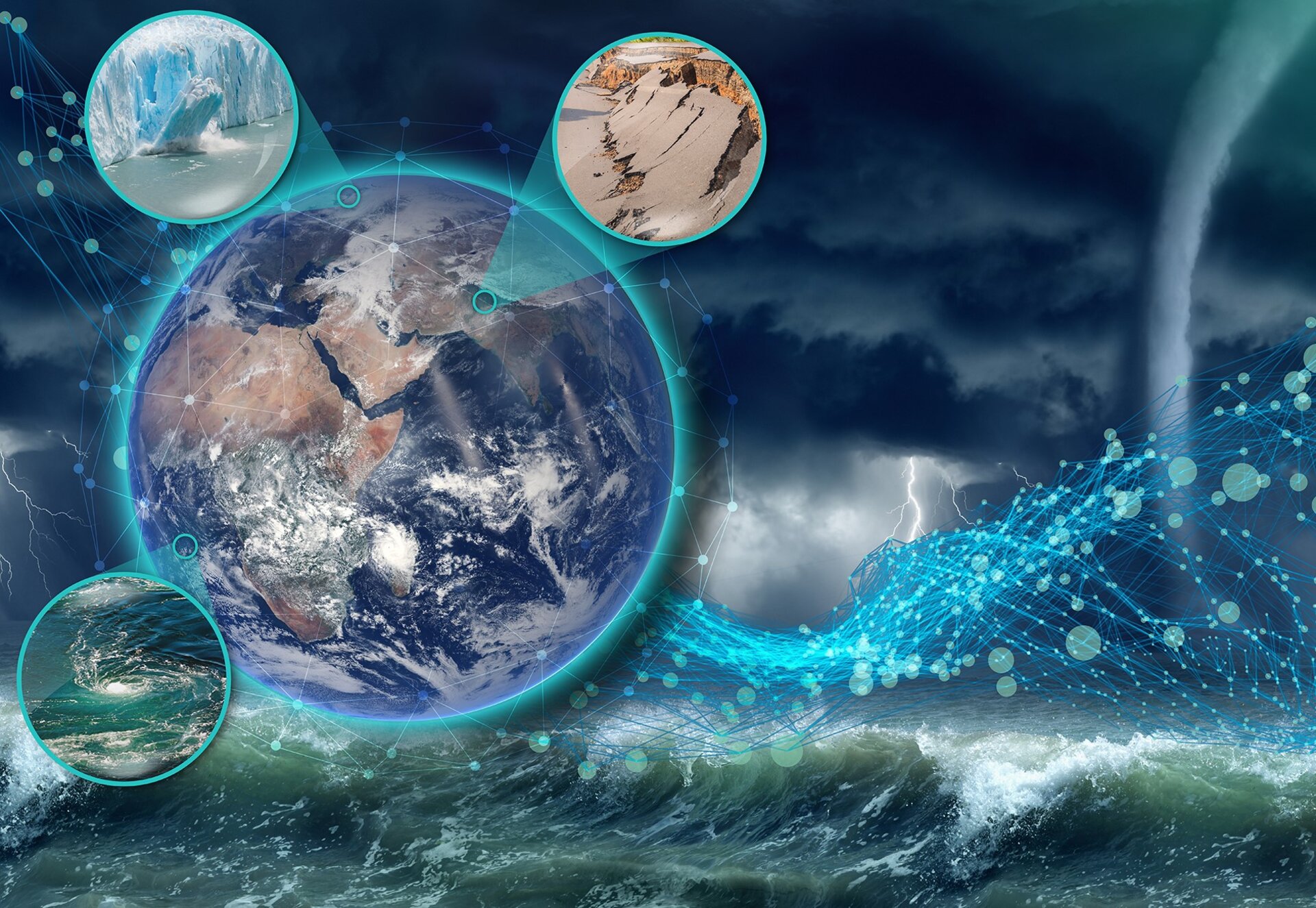Space for Sustainability
Space research and innovation also plays an essential role in sustainability, both on and off earth. On earth you can think about satellite missions that provide new information about Earth's climate, weather patterns, ecosystems, and natural disasters through Eart Observation instruments. We can use space technology to track environmental changes, such as rising sea levels, deforestation, and melting ice caps. This information can be used to e.g. inform policy and action on climate change. For example, the high-impact HARMONY mission is co-developed at the TU Delft; this mission in collaboration with the European Space Agency. This mission will launch two satellites to monitor changes in the Earth’s surface, as well as monitor ocean surface conditions such as wind, currents, and temperature.
On the other hand, sustainability also place a role in the development of things that go to space. So, for example, rockets require a lot of fuel and research on novel types of fuel to propel rockets into space can create a more sustainable space sector. Scientists at TU Delft also focus on solar sailing, with such solar sails, satellites can be pushed to a direction without the need to bring on-board fuels, and instead use solar rays to propel to the desired reaction.
<insert image on solar sailing>
Currently the flagship project for this program is under development, but will focus on two earth-orbiting satellites.

